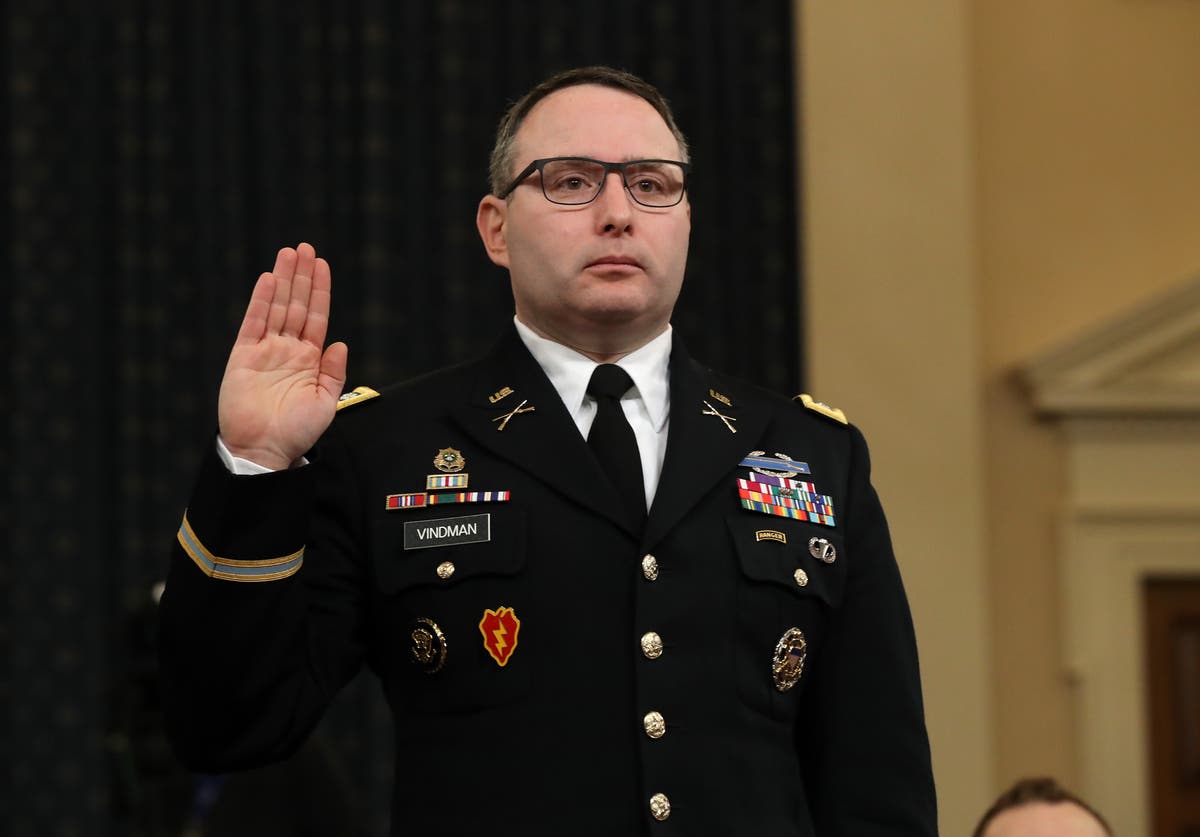Summary
Elon Musk accused Alexander Vindman, a key witness in Trump’s first impeachment, of treason on social media, suggesting he should face “the appropriate penalty.”
Musk’s comments followed Vindman’s claims that Musk may have shared sensitive information with Russia’s Putin and used Twitter for disinformation.
Vindman denied the accusations and called Musk’s remarks baseless.
Critics condemned Musk’s statements as dangerous, especially given his ties to Trump’s incoming administration.
Musk provided no evidence for his claims, reviving past allegations against Vindman of “dual loyalty” rooted in antisemitic tropes.



There’s a general argument - not strictly applicable to you, I don’t know you - to be made that a natural-born citizen of a given country is more likely to be loyal to that country than a “foreigner”, for lack of a better word, and more familiar with its culture and society. It makes sense then that a country would want to restrict their higher public offices to “their own people”. (How much those people actually care for the wider body of constituents is a different question, of course.)
Voting on local politics that influence you more directly isn’t the same as participating in federal politics. Musk is essentially a foreign actor, he shouldn’t have such influence over the government of a different people.
(He shouldn’t have any influence at all, actually, but I’m just talking about the “try to change the law so he can run for president” concern you responded to)